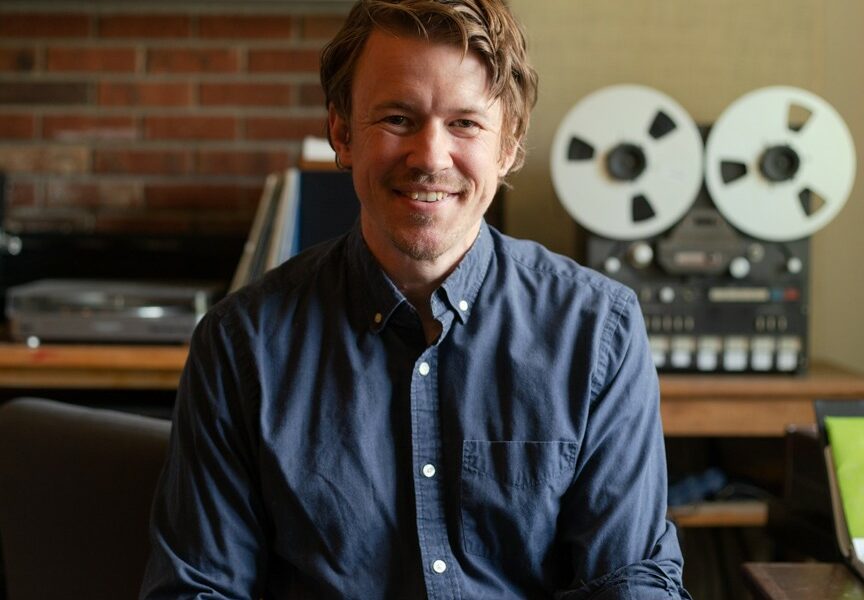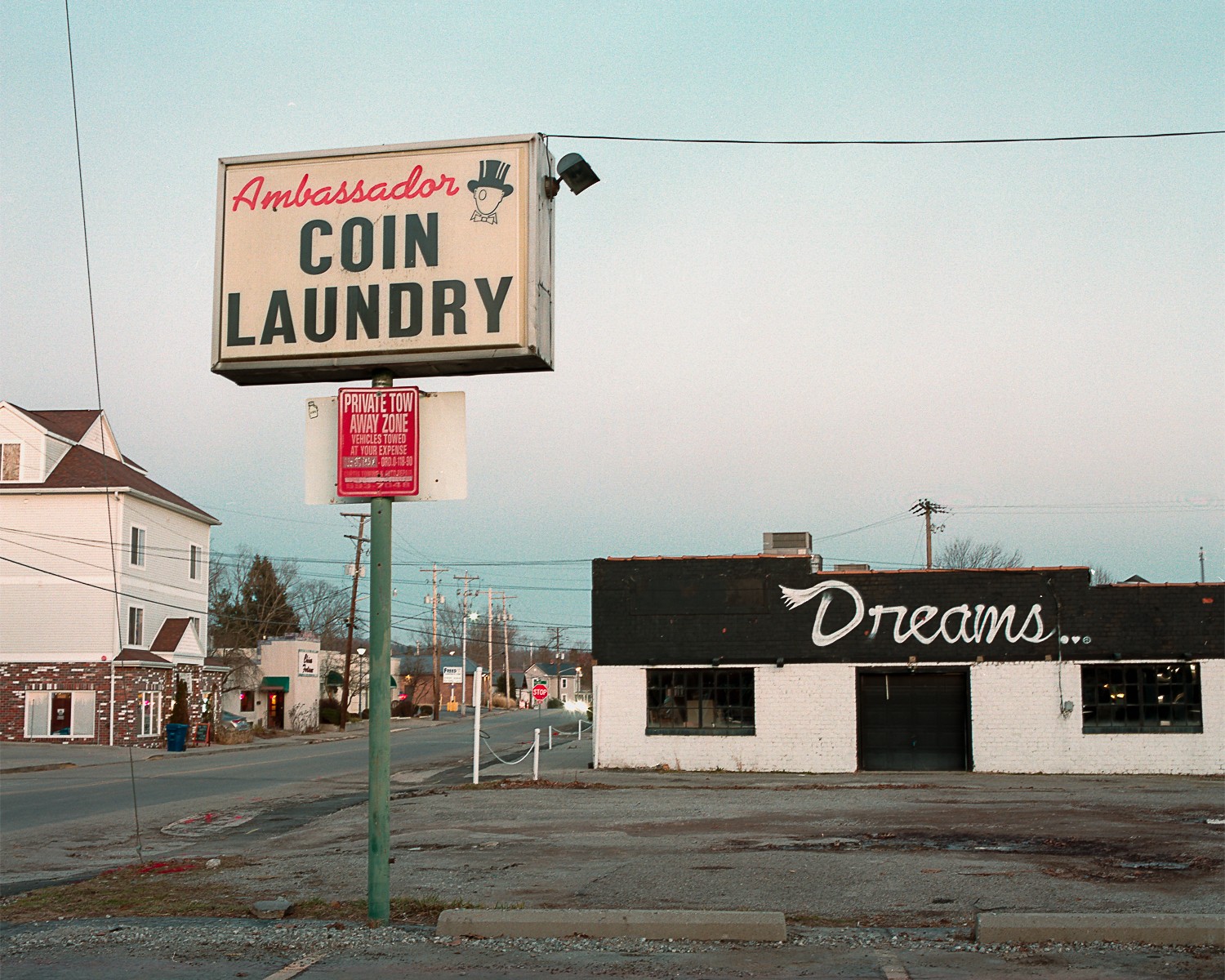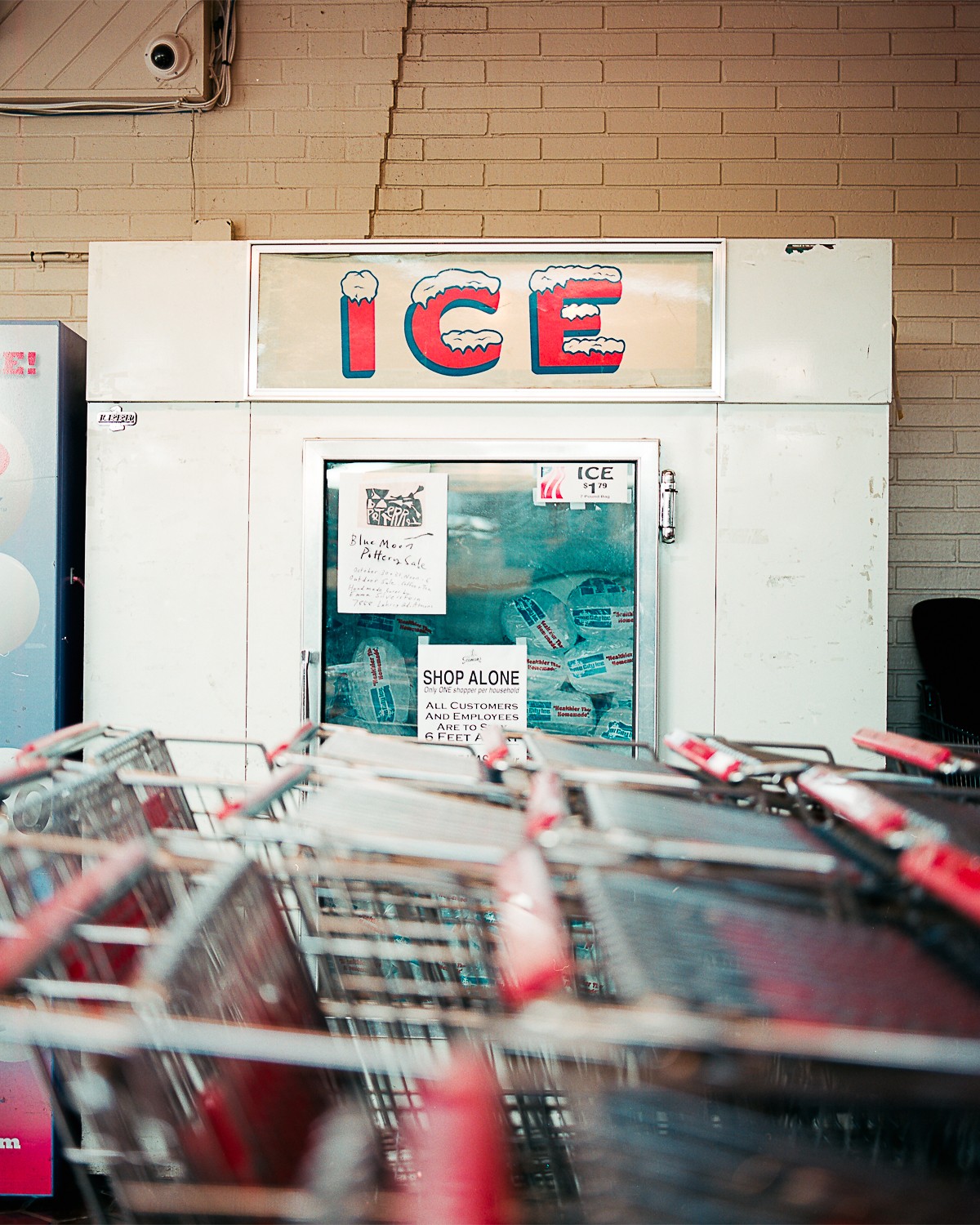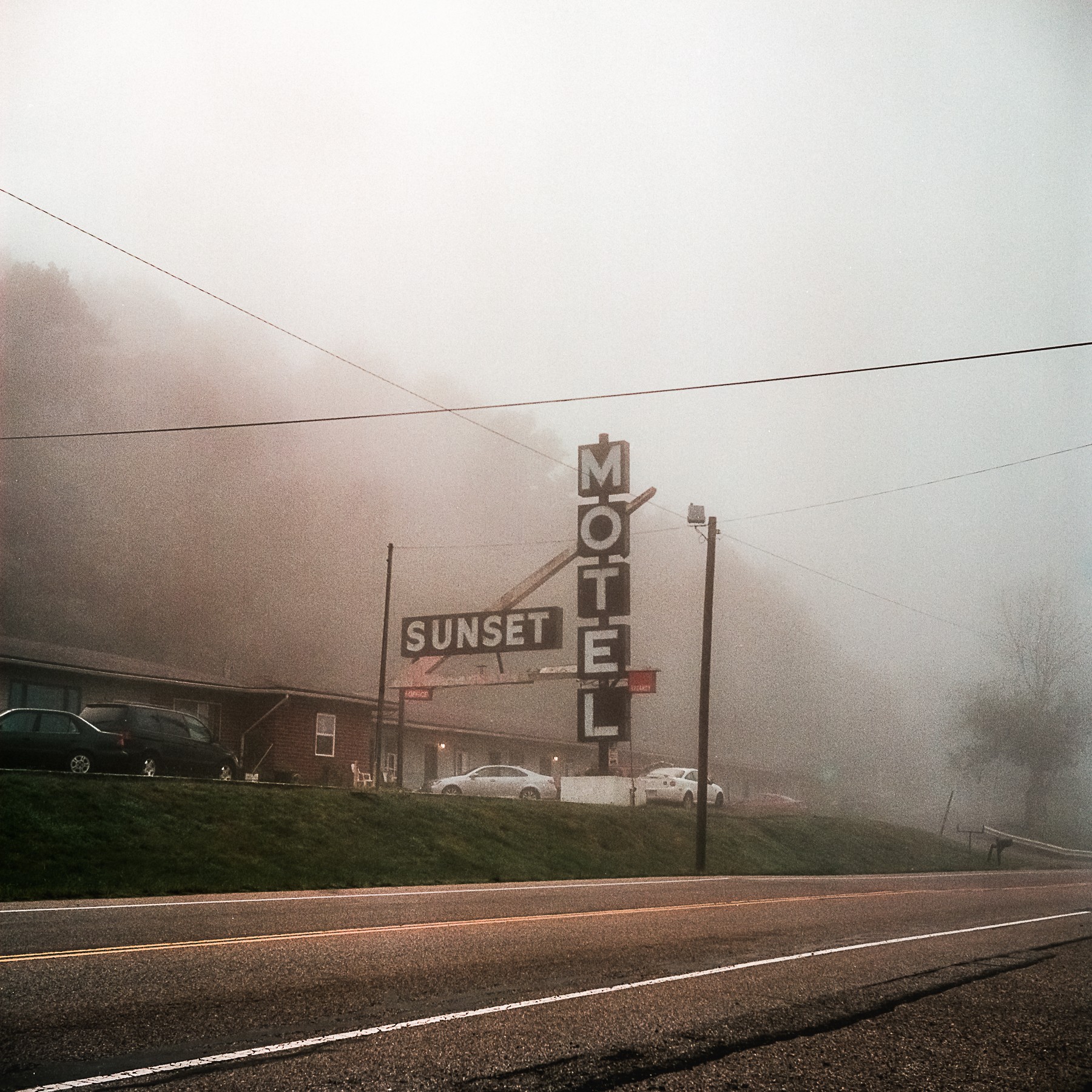

Today we’d like to introduce you to Adam Remnant.
Hi Adam, thanks for sharing your story with us. To start, maybe you can tell our readers some of your backstories.
Yeah, I fell in love with music when I was in middle school, where I grew up in the Dayton area. I got a guitar and learned how to play a bunch of Nirvana and Dinosaur Jr. songs. I continued playing guitar and eventually starting writing songs. I moved to Athens to attend Ohio University, and I started an indie-folk-rock band with some friends called Southeast Engine. Southeast Engine became my creative vehicle for the next decade. After graduating, we started touring and put out several records. The band called it quits around 2012, and I’ve been writing and recording under my own name since that time. I released an EP in 2016 called When I Was a Boy and a full-length LP in 2018 called Sourwood. I’ve recently finished a new LP, which will be released within the next year.
In addition to music, I’ve also been working in photography since 2019. I was researching the best Polaroid-style camera to buy my daughter and stumbled on a bunch of YouTube channels dedicated to film photography. I loved the look and the approach to image-making, so I started trying it myself. It became a great creative outlet during Covid lockdowns when I couldn’t get together with other musicians. It’s mostly been a hobby so far, but I’d like to eventually put a book together. I’m still developing my skills and learning in the meantime. I’ll share a few of my photos below.
Outside of my creative activities, I live in Athens, Ohio, with my wife and our 2 daughters. I work at Stuart’s Opera House as the Assistant Director of Arts Education where I run an after-school music program for middle school and high school students.
I’m sure you wouldn’t say it’s been obstacle free, but so far would you say the journey has been a fairly smooth road?
Hmm, the biggest challenge with working in music is touring. Touring requires you to take time off work, and my experience has been that we would make enough money to do a little better than break even but not make enough money to pay the bills when returning home. That’s not a very sustainable business model. I’ve tried to strike a balance between performing while also working jobs at home, but your attention and time are split. I just keep moving forward and focus on writing, recording, and creating the next song or album. You do your best to promote the music in whatever capacity you have and enjoy the process.
As you know, we’re big fans of you and your work. For our readers who might not be as familiar, what can you tell them about what you do?
My music tends to exist somewhere between folk-Americana with a more indie-experimental sensibility. My songs are pretty lyrically driven. I love arranging and producing songs in the studio as well. I see recordings as paintings where you’re trying to portray the song in the right light. I’m most proud of my albums. Each album is the culmination of several years’ worth of effort. I start by writing songs and finding themes to connect enough songs to create an album. Then I love to collaborate with other musicians to arrange and produce the recordings. I currently work with a great group of musicians, including my brother, Jesse Remnant on bass, Jon Helm on drums, and Ryan Stolte-Sawa on keys and violin.
In terms of your work and the industry, what are some of the changes you are expecting to see over the next five to ten years?
The music industry has been changing the entire time I’ve been making records. The trajectory has been one away from physical media to online streaming. I think we’re starting to find a rhythm with that model; however, it’s problematic with unfair payment structures for artists. Artists have to get creative in finding ways to raise funds. Making records isn’t cheap, so it’s important that artists make some revenue to simply create their art. The challenge today is that we have all these tech platforms influencing the industry that are more concerned about their bottom line as tech platforms than the material health of people working in the music industry. People are resourceful and find ways to make it work, but it’s also important to continue fighting for better pay structures from the big streaming platforms. Organizations like the Union of Musicians and Allied Workers (UMAW) are doing good work to fight back.
Contact Info:
- Website: adamremnant.com
- Instagram: https://www.instagram.com/adamremnant/
- Facebook: https://www.facebook.com/adamremnant
- Youtube: https://www.youtube.com/@adamremnant9479/featured
- Other: https://adamremnant.bandcamp.com/



Image Credits
Tanner Pearson











